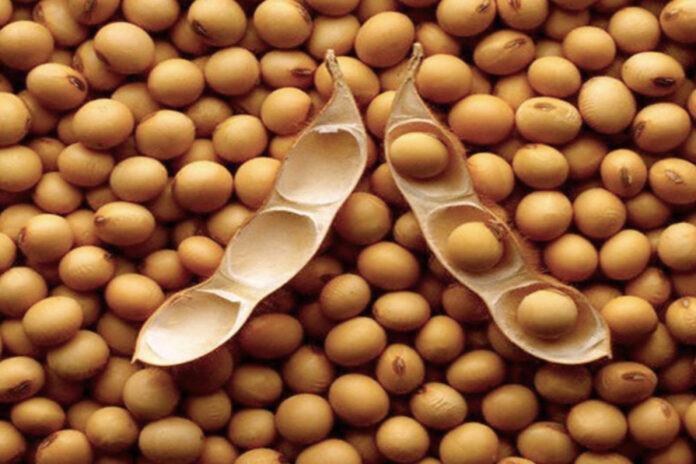Government will invest an estimated US$108million to improve soybean production/best practices, as well as developing the grain’s value chain to curb post-harvest losses over the next five years.
The investment is in line with key resolutions of the recently held Dakar II Summit in Senegal, and is expected to expand certified seed production to 17,500 metric tonnes yearly – and also develop 50,000 hectares of new land for soybean production.
It is anticipated that soybean cultivation will increase from the current 218,000 tonnes per year to 400,000 metric tonnes annually, and contribute to a yield upsurge of 40 percent after the investment.
Chief Director at Ministry of Food and Agriculture, Robert Ankobia – who revealed this to the B&FT, said the move is to achieve self-sufficiency in soybean production for the domestic market by expanding cultivation and increasing competitiveness in the value chain.
MoFA says US$21million of the amount will be expended on research and development programmes to develop early-maturing, high-yielding soybean varieties; high pod clearance varieties for mechanisation; and maintenance-breeding of existing varieties.
US$63million will go into land development programmes for soybean production, with a special focus on new land for rain-fed soybean market-oriented production.
The remaining US$24million will augment investment in harvest and post-harvest programmes to increase soybean quality, increase processing and reduce physical losses. This will be a key part of government’s Agriculture Mechanisation Service Centres’ (AMSEC) strategy.
“The above plan to invest in the local soybean value chain is part of pathways and one of the country’s key compacts during the Dakar II Summit to attain self-sufficiency and agrifood transformation over the next five years,” Mr. Ankobia said.
Important features of the compact include prioritisation of key sub-sectors with the highest impact on food security, with key consideration for other commodities such as rice and poultry.
Overall, the compact focuses on production-expansion and loss-reduction in the country’s food value chain.








